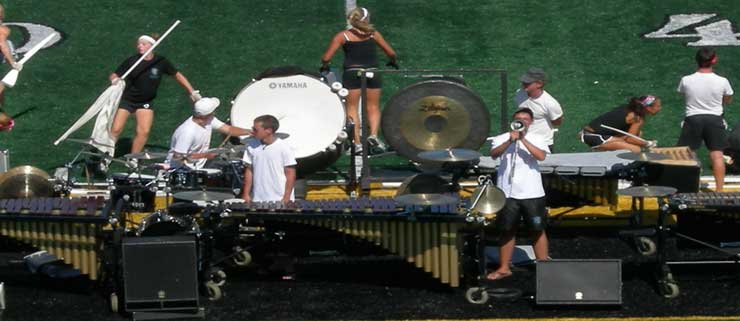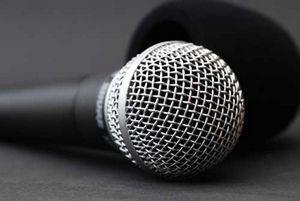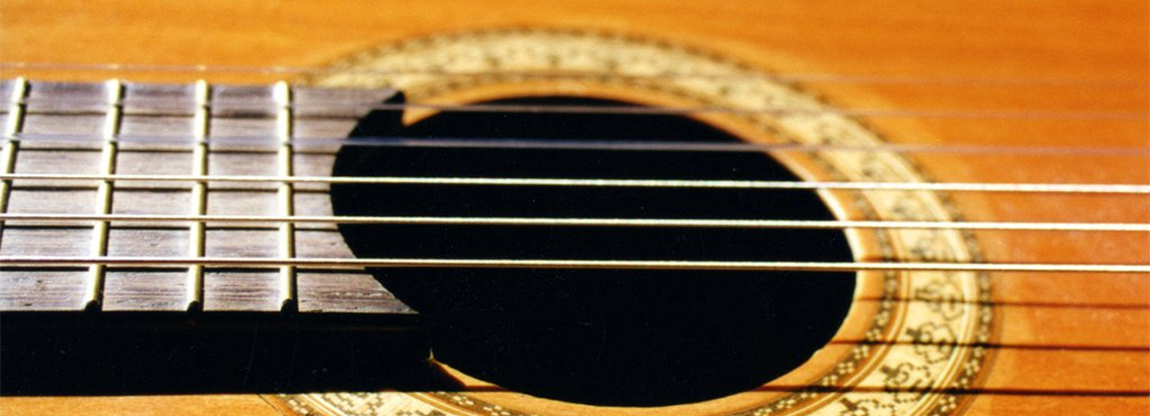Even the most experienced of musicians can become absent-minded at times and do things that would accidentally damage their guitar. No matter what kind of guitar you have, whether it’s an inexpensive beginner instrument or a below-$2000 acoustic guitar, you need to be aware about how you keep it in good playing condition.
We’re pretty sure many of these tips are things you already know, because many of them are simply common knowledge. However, a little review wouldn’t hurt - you may even realize you’ve been doing something all wrong all along.
Let’s get on with the list of things you should never ever do to your acoustic guitar if you want to keep it in top shape and in service for a good long time.
Never expose your acoustic guitar to extreme changes in humidity and temperature.
Extreme temperature and humidity changes can wreak havoc on the wood of your acoustic guitar. The wood can start to change and shift, which would affect its structural integrity and the guitar the sound produces. Changes in temperature can also affect the strings and make them go out of tune. Avoid leaving your guitar in direct sunlight because it can cause the wood to become brittle and even make the color fade. Never leave your guitar in a hot car.
The ideal humidity for a guitar is 40-50 percent while the ideal temperature is 66-77 degrees Fahrenheit. Use a humidifier or dehumidifier when necessary.
Never leave it uncleaned after playing.
Forgetting to clean your guitar after you play can cause the dirt and grime to build up on your guitar, particularly on the strings, fretboard and finish. The longer the grime stays on your guitar, the harder it can be to clean.
Never lean it against a chair, table or wall.
Leaving your acoustic guitar leaning on a wall, table or chair makes it prone to falling over and getting damaged in the process. Always keep your guitar in its case, on a guitar stand or on a guitar hook.
Never use commercial cleaners.
Commercial cleaners contain chemicals that may damage the finish on your acoustic guitar. Always use products that are specifically developed for cleaning acoustic guitar parts.
Never use abrasive materials to wipe or clean your guitar.
Abrasive cloth can damage the surfaces of your guitar. Use a soft cloth or microfiber cloth for wiping down or cleaning your guitar.
Never put it somewhere it could be stepped or sat on.
It’s easy to just leave a guitar on a couch or on the bed. But accidents do happen, and you may unintentionally be putting your guitar in harm’s way. Keep it away from places where it can be kicked, stepped on, sat on or plopped down on by accident.
Never pick it up by its strap.
Straps may come loose and you may not be fast enough to catch your guitar before it meets a nasty end on the floor.
Never fall asleep with your guitar beside you.
We know how much you love your guitar, but really - this is a broken neck or cracked body waiting to happen.
Never keep the guitar case unlocked.
When putting your acoustic guitar back in its case, make sure you latch or lock it properly. You wouldn’t want the case popping open when you’re travelling or making your way up or down a long flight of stairs.
Never hesitate to seek professional help when necessary.
Last but definitely not the least, if you notice issues with any part of your guitar, don’t ever hesitate to take it to a professional. Luthiers and guitar technicians have the skill to give your instrument a comprehensive checkup and get it fixed. Don’t attempt to fix the guitar yourself if you’re not even sure what the problem is.
What are the other things you know you should never do to an acoustic guitar? Share your tips with us!







 Scroll down to view the comparison chart of over a dozen different portable digital audio recorders.
Scroll down to view the comparison chart of over a dozen different portable digital audio recorders.
